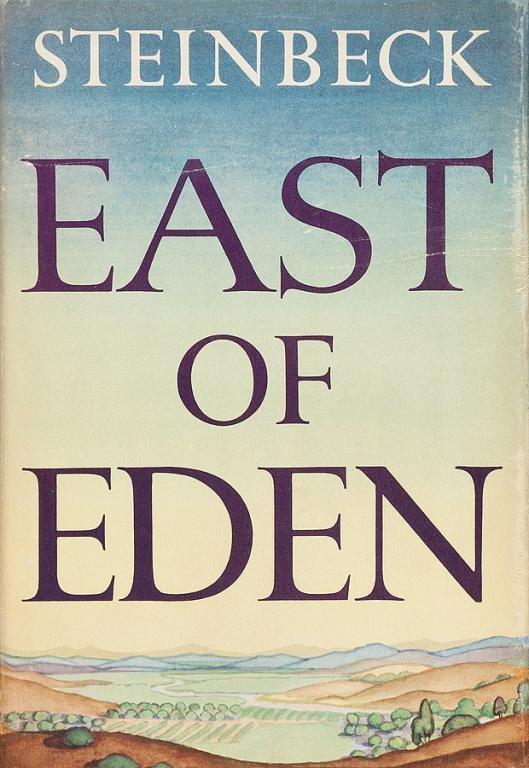
The character Lee in Steinbeck’s East of Eden says that the Cain and Abel story is “the best-known story in the world because it is everybody’s story.” I would extend this point to include the stories of Sarah and Hagar, Esau and Jacob, and Leah and Rachel. I reread these accounts in Genesis this week. Then there are the individual characters like Abraham, Moses, Ruth, David, Jeremiah, Esther, Mary Magdalene, Peter, Thomas, and Timothy. The list goes on. I take comfort from the fact that the people in the Bible were like the rest of us. We can relate to them because the biblical figures were not superhuman, but very ordinary and fallible, often given to fears and doubts in the midst of disappointments, dangers, and tragedies. Still, God worked wonders through their lives and stories, building resilient faith in the face of adversity. He will do the same today, as we cry out to him. God’s not finished writing the script of our lives.
I encourage you to reflect upon Genesis and ask and answer the following questions:
Do you consider Adam and Eve’s stories, Cain and Abel’s stories, and/or those of the Patriarchs as “everybody’s” stories? Why or why not?
Do you tend, or find that others tend, to clean up the multitude of biblical characters so that they appear free of faults, even superhuman? If so, why might this be?
God did not give up on Adam and Eve. God even protected Cain, as hard as it is to believe. God worked wonders through ordinary lives that were often very messed up, like Abraham or his grandson Jacob. Consider, too, Jacob’s son Judah, through whom the Davidic kingly line arises, which ultimately leads to Jesus. If God makes something beautiful out of Judah’s really messed up life and family (just think of David’s own moral failures!), why wouldn’t God do the same today in our lives, as well as the lives of others? Repentance is vitally important and necessary. But throwing in the towel and giving up hope has no place in God’s story for people’s lives. How might these reflections shape your perspective, including your hopes and fears? How might the God who closes the final chapter of Revelation with the hopeful words of making all things new help you not close the book on your own life? Just like Steinbeck’s not finished with Cal due to his grave misdeed in East of Eden, remember that God’s not finished writing your script. Are you?












